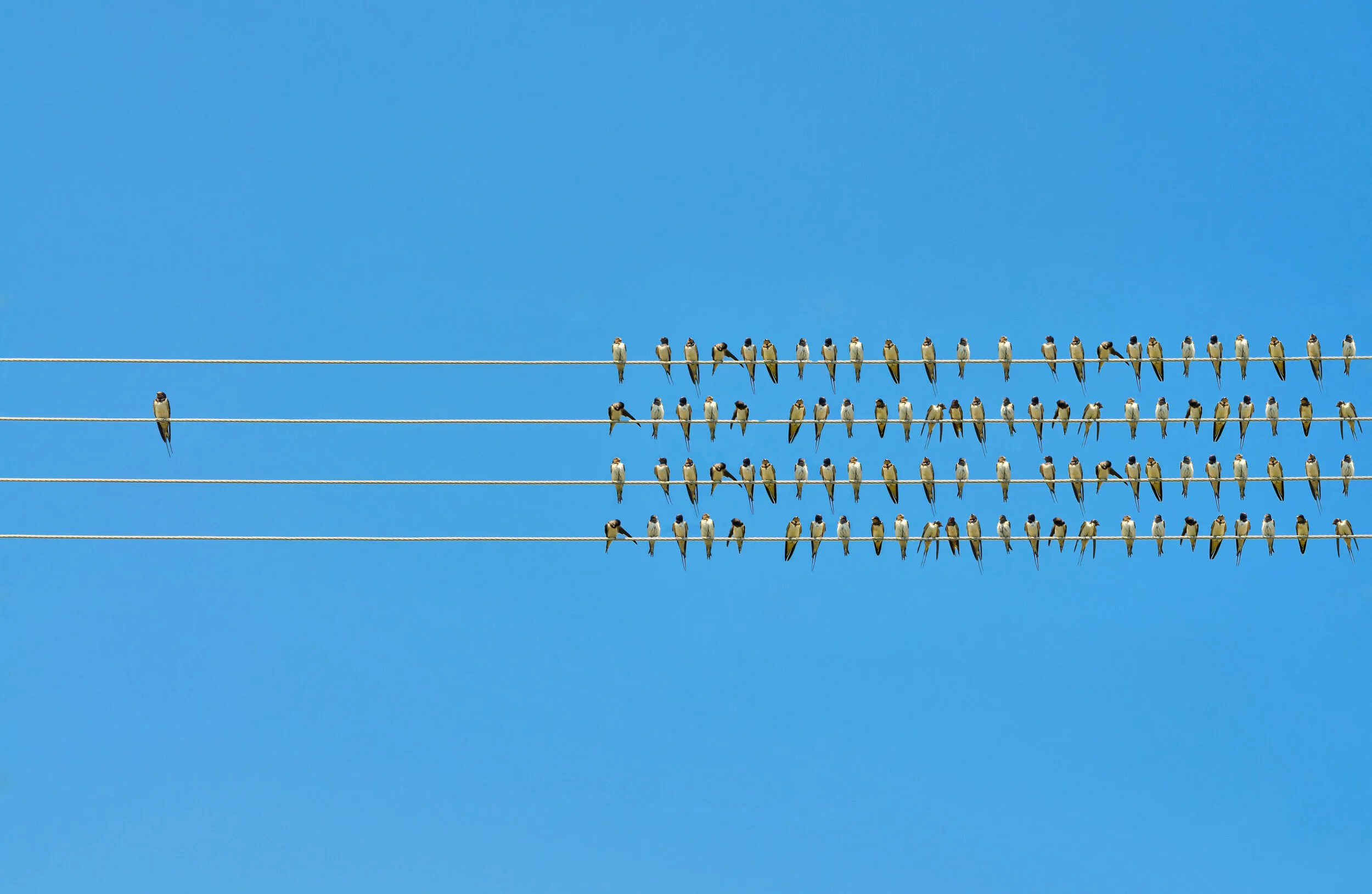As humans evolved, we exposed ourselves to more and more complex environments, learning about the world around us and harnessing nature to progress. Our brain evolved too, allowing us to take in over 11 million pieces of information per second. However, our minds can only consciously process 40 items of data per second, resulting in the creation of unconscious processing. These shortcuts allow us to quickly process the surrounding environment and make snap decisions about safety, interest, and danger. As time progressed, these automatic thoughts have function from a survival standpoint and also now cause harm in professional, social, and personal contexts in the form of unconscious biases.
The unconscious describes the subliminal thoughts of our brain. Have you ever taken a drive to a specific destination and arrived at your location without even thinking about your route? This mechanical action falls in the unconscious part of our mind, allowing us to act without fully processing our actions. Biases are preferences that lean towards one person, thing, or group of people. Negative prejudices towards groups may be seen as discrimination and result in harmful stereotypes, racism, or herd mentality. When you combine these two words, you get unconscious biases.
Our once keen “danger detectors” now can create unhealthy and unfair workplace environments. Research has shown that unconscious biases have a substantial effect on hiring practices as well as professional development opportunities. A study found that white-sounding names receive 50% more callbacks than black-sounding names on the exact same resume. This example is a clear demonstration of the subliminal prejudices, which hamper minority individuals from achieving their fullest potential.
What can we do to manage them? We must take a curious, courageous, and committed approach to increasing diversity and inclusion within the workforce, starting with ourselves and then branching out into our teams and companies. By starting with self-reflection and introspection, we can begin uncovering our unconscious biases and recognizing where we need improvement. After this, we can take the next step: becoming a courageous ally for our minority team members. In this role, we can encourage others to examine their unconscious biases and stand up against subliminal workplace discrimination.
We all have unconscious biases; it’s simply human nature. Now that we are aware of the harm these prejudices have on our community members, team members, and businesses, we can take a stand to dismantle unseen discrimination. By focusing on self-awareness and courageous allyship, we can create an office culture founded on compassion, trust, and inclusion. Unconscious biases affect nearly every workplace struggles with unconscious biases, but we can begin to manage these unknown prejudices with intentional curiosity, courage, and commitment to positive change.
Dima Ghawi is the founder of a global talent development company with a primary mission for advancing individuals in leadership. Through keynote speeches, training programs and executive coaching, Dima has empowered thousands of professionals across the globe to expand their leadership potential. In addition, she provides guidance to business executives to develop diversity, equity, and inclusion strategies and to implement a multi-year plan for advancing quality leaders from within the organization.
Reach her at DimaGhawi.com and BreakingVases.com.

